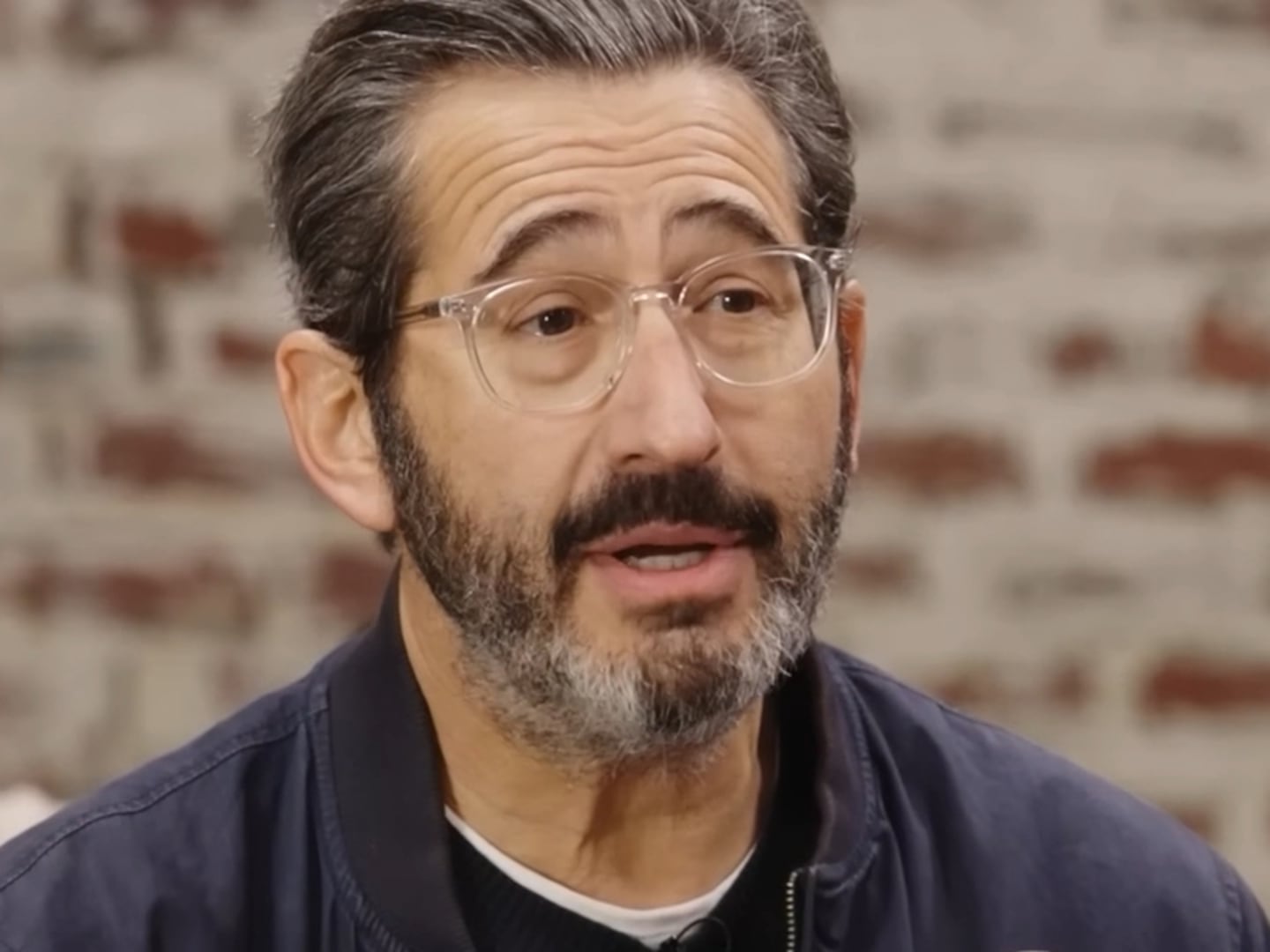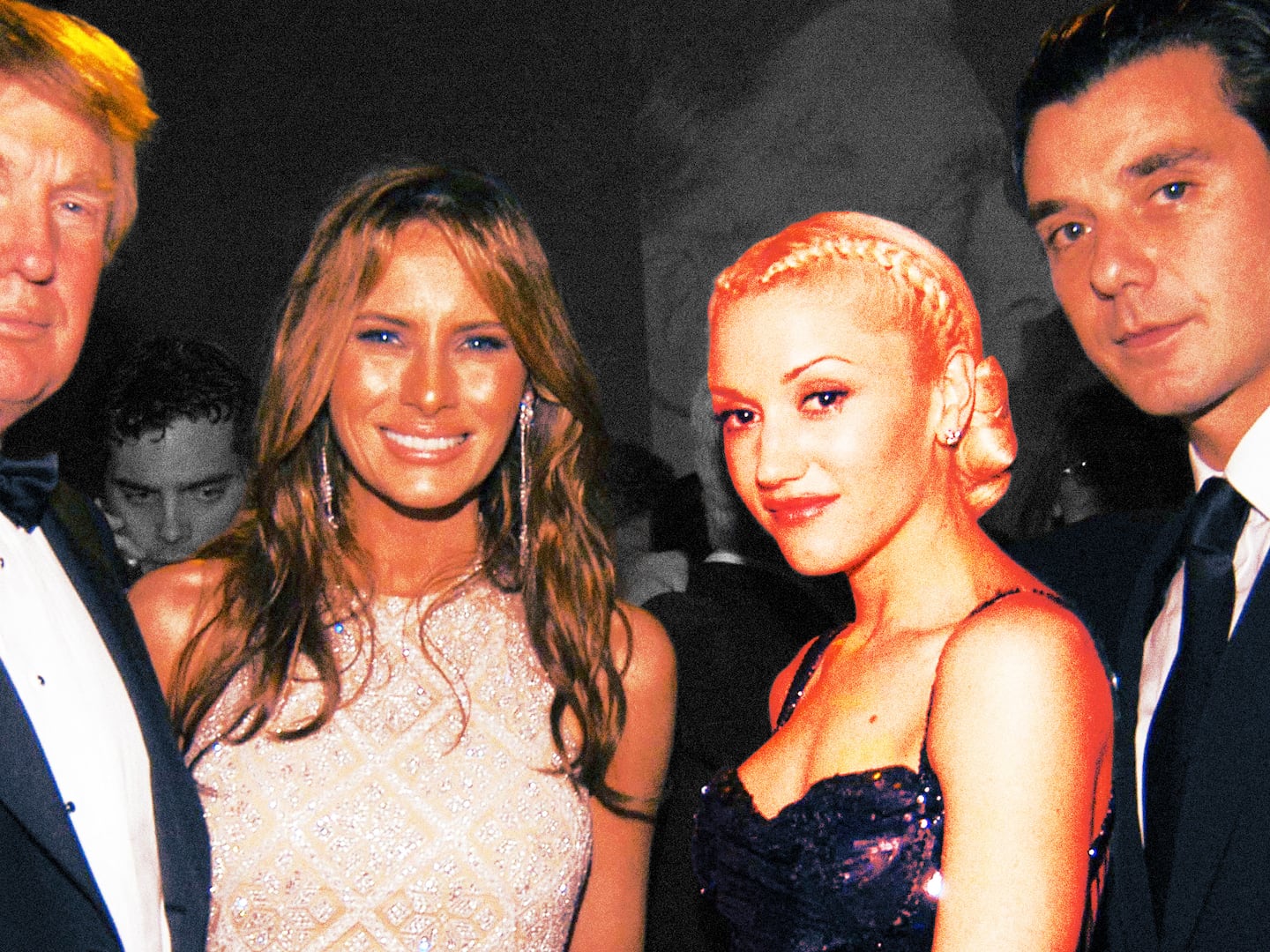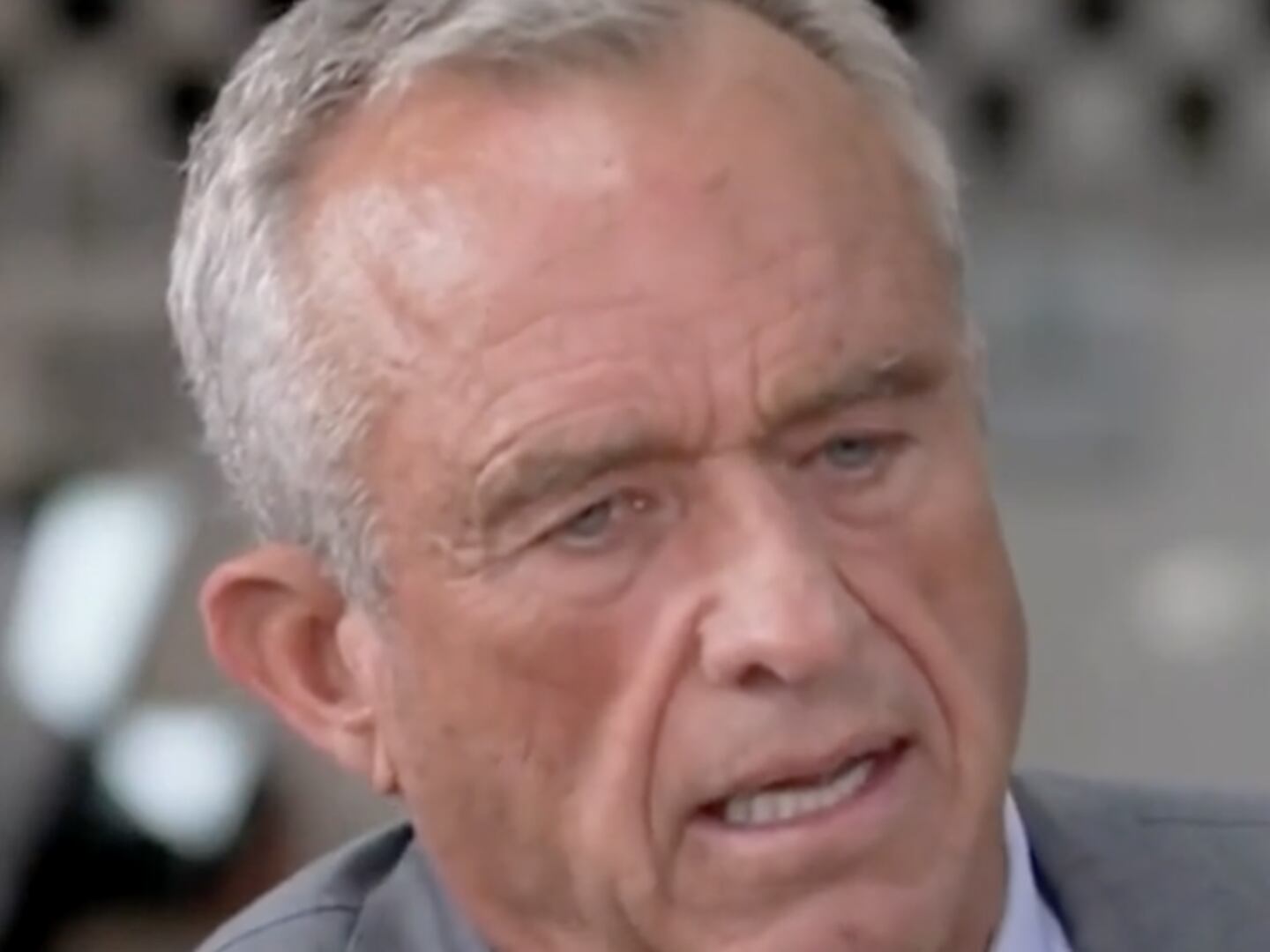World
Photo Illustration by Thomas Levinson/The Daily Beast/Reuters
How Pope Francis’ Acceptance of Gay Marriage Rocked Africa
NOT ACCEPTED, NOT UNDERSTOOD
The pope’s willingness to allow priests to bless same-sex unions has sparked upheaval and rebellion among Catholic religious leaders in Africa.
opinion

Trending Now




